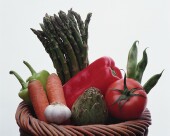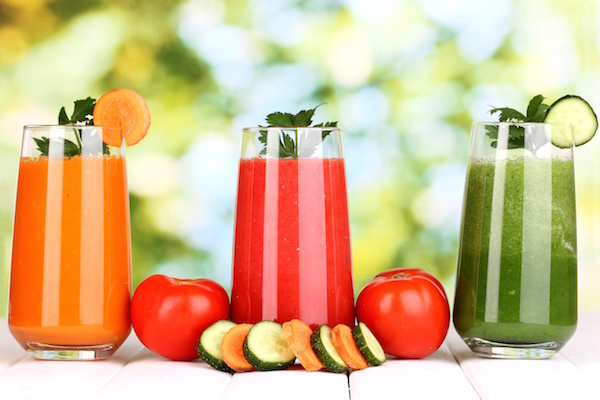
THURSDAY, Dec. 6 (HealthDay News) — Women with higher levels of micronutrients found in many fruits and vegetables may be less likely to develop breast cancer, a new study finds.
Previous research has shown that the nutrients, called carotenoids, can inhibit tumor growth and reduce the spread of breast cancers.
“Carotenoids are found in carrots, spinach, kale, tomatoes, bell peppers, sweet potatoes and other vegetables,” noted one expert not connected to the study, Dr. Stephanie Bernik.
“There has been some evidence in the past that these substances are helpful in reducing the risk of cancer,” said Bernik, who is chief of surgical oncology at Lenox Hill Hospital in New York City.
In the new study, researchers led by A. Heather Eliassen of Brigham and Women’s Hospital and Harvard Medical School, in Boston, analyzed data from thousands of women who took part in eight previous studies on carotenoid levels and breast cancer.
They found a statistically significant association between higher levels of carotenoids and reduced breast cancer risk, especially so-called ER-negative breast cancers — tumors that aren’t reliant on estrogen to fuel their growth. The findings highlight carotenoid levels as one of the first modifiable risk factors to be identified for ER-negative breast cancers, the team said.
While there is some evidence that carotenoids also inhibit the growth of ER-positive breast cancers (cancers that respond to estrogen), it’s possible that this benefit is hidden by hormone-related associations that overpower other risk factors, the researchers added.
“A diet high in carotenoid-rich fruits and vegetables offers many health benefits, including a possible reduced risk of breast cancer,” they concluded.
Bernik agreed. She said the researchers “have shown that there appears to be a real benefit to higher circulating levels of the micronutrients. The present study has more conclusively shown that there probably is some truth to what we tell patients regarding their diets … the foods that your mother always told you are good for you, truly are good for you.”
The study was published Dec. 6 in the Journal of the National Cancer Institute.
The study found a link between carotenoid levels and breast cancer risk, but it did not prove that the nutrients prevent the disease.
More information
The American Cancer Society has more about breast cancer.

